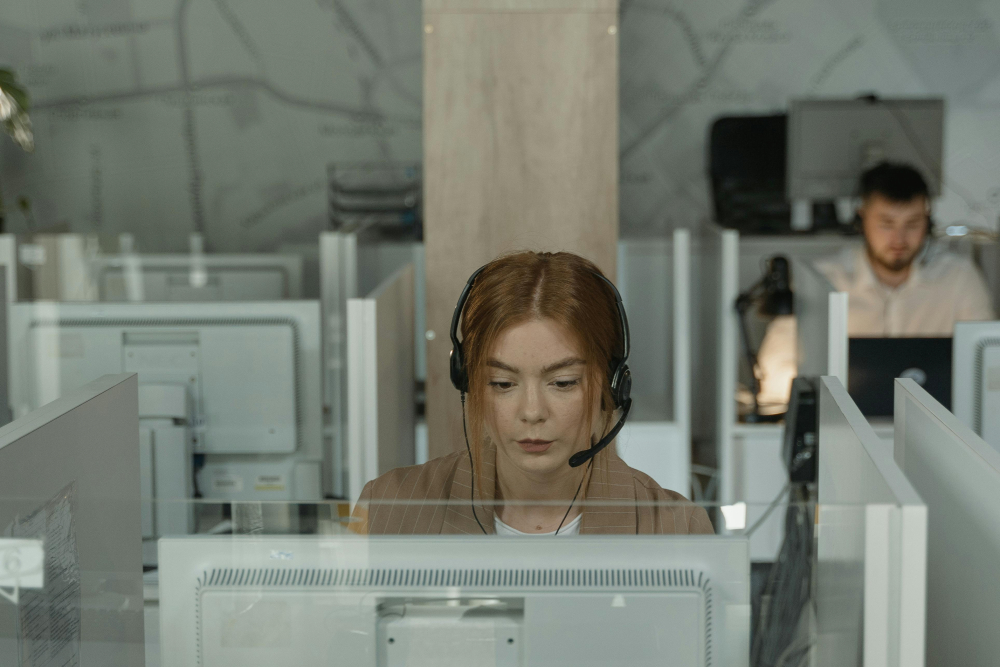
Ensuring clean air in business premises is a vital investment in employee health and productivity.
With most people spending a significant portion of their day indoors at work, the quality of indoor air can have a profound impact on health and wellbeing.
The health benefits of clean air for employees
Air filtration systems play a crucial role in removing airborne pollutants such as dust, pollen, bacteria, viruses, and volatile organic compounds (VOCs). For employees, this means:
- Reduced respiratory issues: Cleaner air helps prevent and alleviate conditions like asthma, allergies and other respiratory illnesses. This is better for everyone at work and responsible employers are duty-bound to this. But it’s also good for your business, as it leads to fewer sick days and an improved working environment for all.
- Lower risk of illness transmission: High-efficiency filters can capture airborne pathogens, reducing the spread of colds, flu and other infectious illnesses – especially important in shared office spaces.
- Improved cognitive function: Studies show that poor air quality can impair concentration and decision-making. By filtering out pollutants and maintaining optimal CO₂ levels, businesses can help employees stay alert and focused.
- Enhanced overall wellbeing: Clean air contributes to better sleep, reduced headaches and less fatigue, all of which support higher morale and job satisfaction.
Legal and business advantages
UK regulations, such as the Health & Safety at Work Act 1974, require employers to provide a safe working environment, which includes maintaining good air quality.
Investing in air filtration not only helps meet these legal obligations but also demonstrates a commitment to employee welfare.
Health & productivity
Ultimately, prioritising air filtration is about more than compliance – it’s about creating a healthier, more productive workplace.
Clean air supports happier, healthier employees, which in turn drives business success. In today’s world, every UK business should see air filtration as a necessity, not a luxury.
Need an air filter? Shop online
Our full range of filter products, including custom-sizing and pricing, can be purchased via our e-store in a few easy clicks.
Need more help and advice?
Call us for a FREE, friendly chat about your system, or to find out more about us, on 01278 452277, or email



